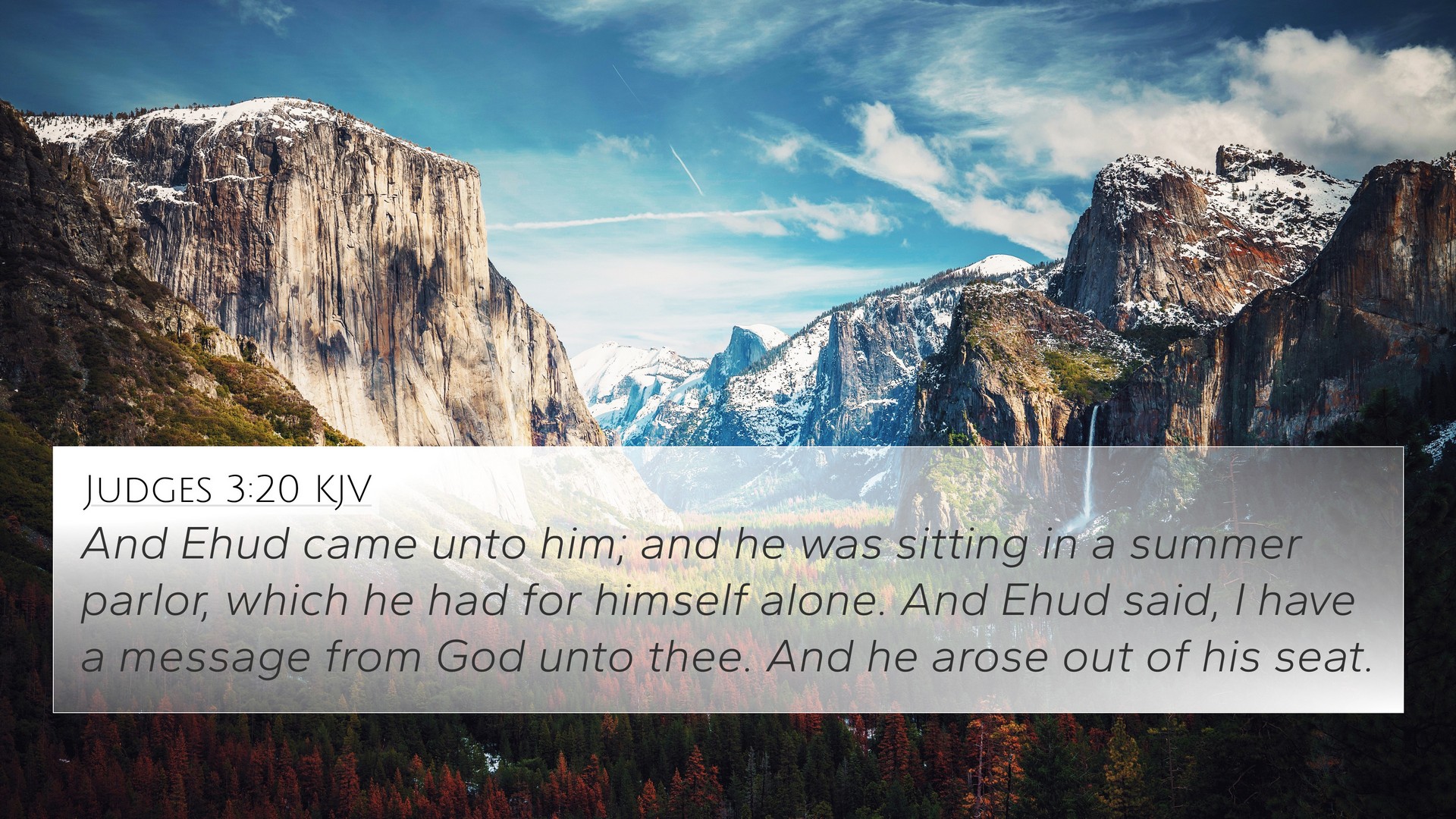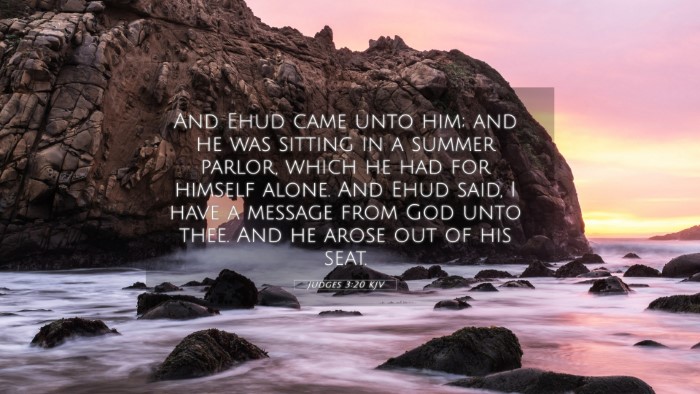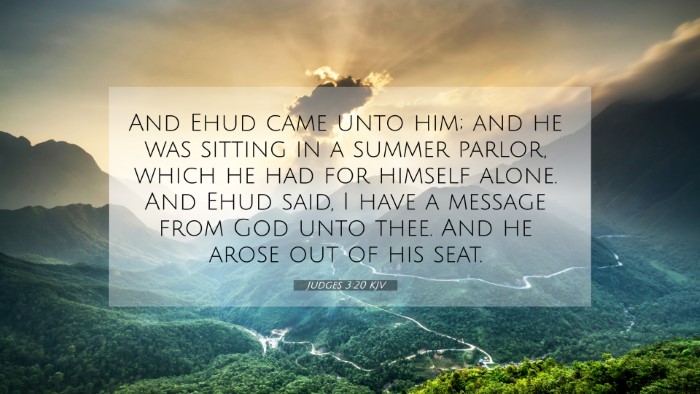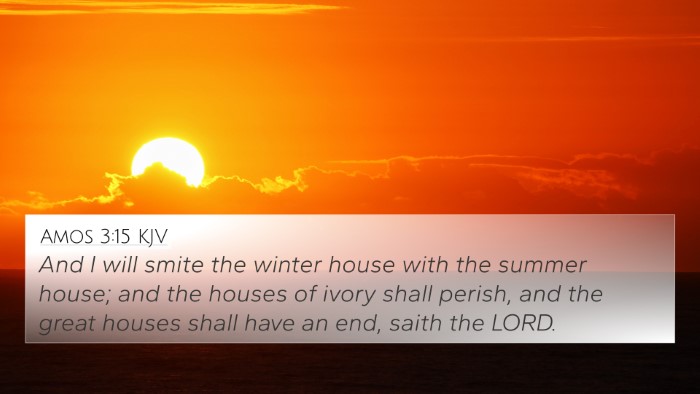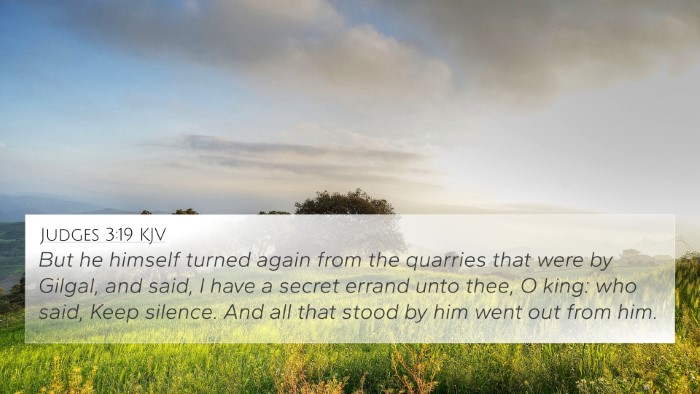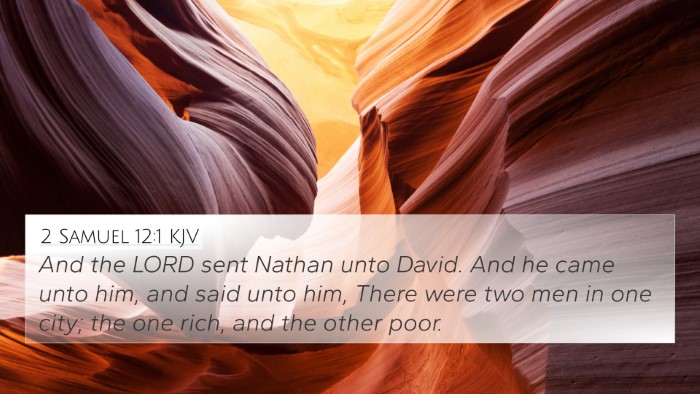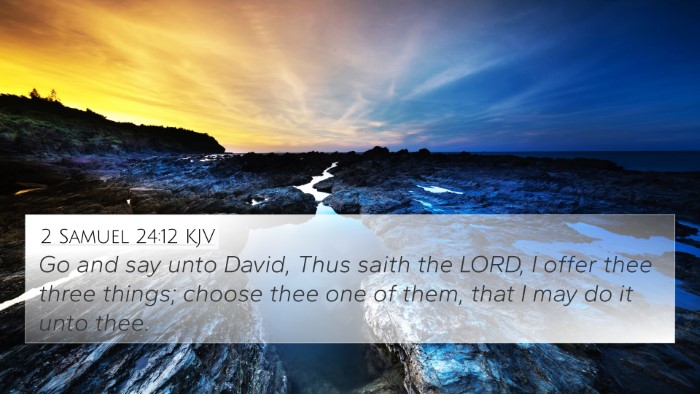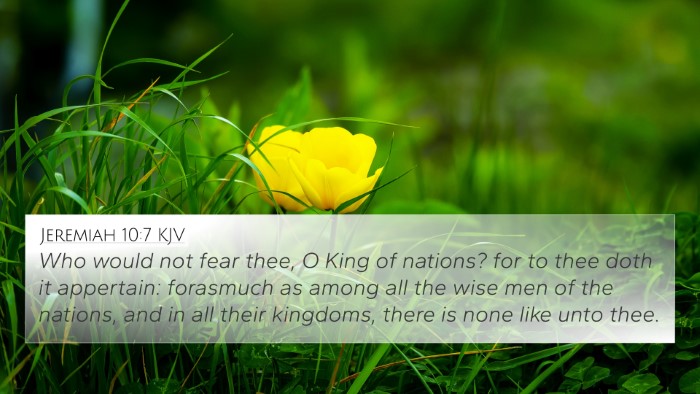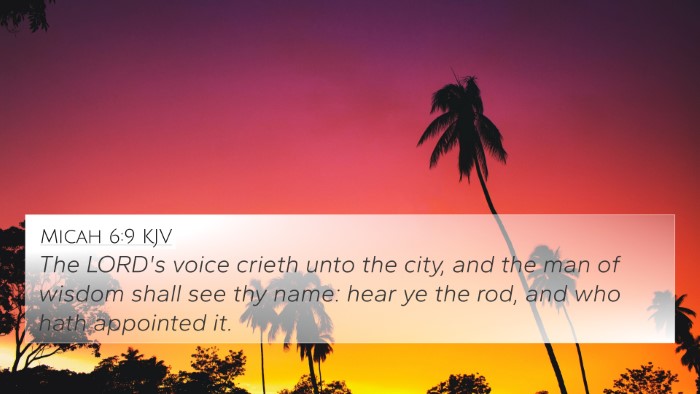Understanding Judges 3:20
Judges 3:20 states, "And when he was come, behold, the king sat in a summer parlour, which he had for himself alone. And Ehud said, I have a message from God unto thee. And he arose out of his seat."
This verse is a part of the account of Ehud and Eglon, emphasizing the strategic approach taken by Ehud in delivering God’s message, which led to the liberation of Israel from Moabite oppression.
Commentary Insights
The insights from respected public domain commentaries provide a deeper context and understanding of this passage.
Matthew Henry's Commentary
Matthew Henry highlights that this verse illustrates the providence of God in delivering Israel. The summer parlour symbolizes a place of comfort and luxury occupied by Eglon, the Moabite king. Henry notes that Ehud's approach is not only strategic but also divinely ordained, showcasing God's power to bring about deliverance through unconventional means.
Albert Barnes' Notes
Albert Barnes adds that the mention of the summer parlour presents Eglon as content and unsuspecting, underscoring the cunning nature of Ehud. He observes that Ehud's introduction of a ‘message from God’ was pivotal, as it not only gained Eglon’s attention but positioned Ehud as a prophet, lending authority to his forthcoming actions.
Adam Clarke's Commentary
Adam Clarke elaborates on the psychological aspect of the encounter, interpreting Eglon’s isolation in his summer parlour as a metaphor for his separation from God. This highlights the moral implications of the narrative, suggesting that earthly power, symbolized by Eglon's throne, is ultimately subject to divine authority. Clarke notes that the verse sets the stage for the significant events that follow, emphasizing the sovereignty of God in Israel's history.
Thematic Connections and Cross-References
This verse resonates with several other Scriptures, offering rich opportunities for comparative Bible verse analysis. Here are some relevant cross-references:
- Deuteronomy 20:1-4 - God's promise to fight for Israel.
- Judges 2:16 - God raising judges to deliver Israel from oppression.
- 1 Samuel 16:7 - God looking at the heart instead of the outward appearance.
- Isaiah 41:10 - God’s assurance of strength for His people.
- Psalms 60:12 - The principle of victory through divine aid.
- Romans 8:31 - If God is for us, who can be against us?
- Hebrews 11:32-34 - Mention of Gideon, Barak, Samson, and Jephthah, who through faith conquered kingdoms.
- 1 Corinthians 1:27-29 - God choosing the weak to shame the strong.
- Proverbs 21:30 - No wisdom, no understanding, and no counsel can avail against the Lord.
Summary of Interpretations
In summary, Judges 3:20 serves as a pivotal moment in the narrative of Ehud, where divine providence orchestrates the deliverance of Israel through clever subterfuge. The insights drawn from various commentaries illuminate the layers of meaning within this verse, encouraging readers to look deeper into its historical and spiritual implications.
Exploring Further Connections
Understanding how Bible verse cross-references provide clarity and lends context to this passage is essential for fruitful study. Connections between Bible verses often reveal the thematic continuity throughout the Scriptures.
Using tools for Bible cross-referencing, readers can explore how Bible verses relate to each other, enhancing their grasp of underlying messages and divine principles.
How to Utilize Bible Cross-References
To effectively engage with the Bible's interconnectedness:
- Use a Bible concordance to find related passages.
- Consult a Bible cross-reference guide during study sessions.
- Practice cross-referencing Bible study methods for deeper insights.
- Analyze comparative Bible verse analysis for thematic understanding.
Conclusion
Judges 3:20 articulates an essential moment of divine intervention and strategic providence, underscoring the continued theme of God’s interaction with Israel. By examining its comments and cross-references, believers can enhance their understanding and engage in inter-Biblical dialogue that deepens faith and understanding.
